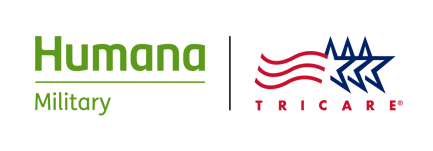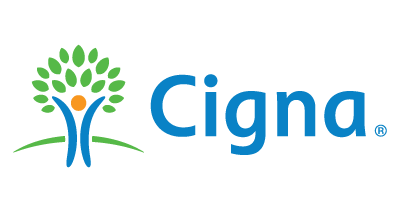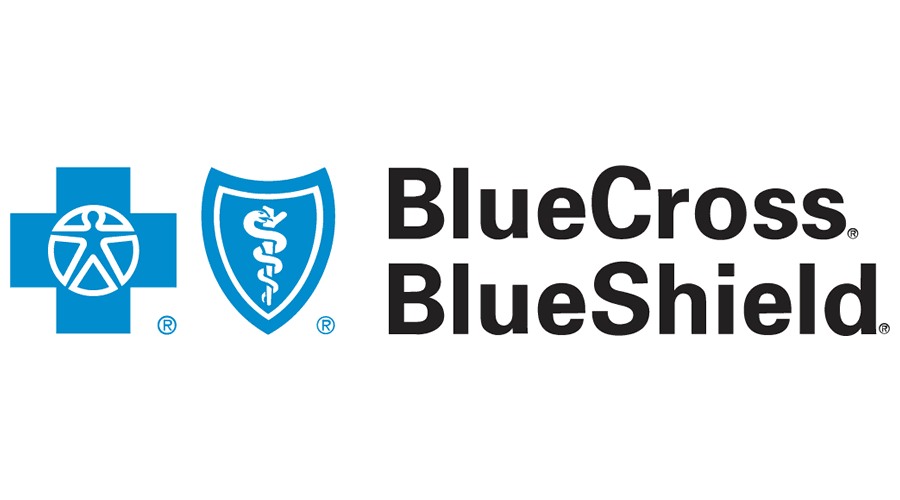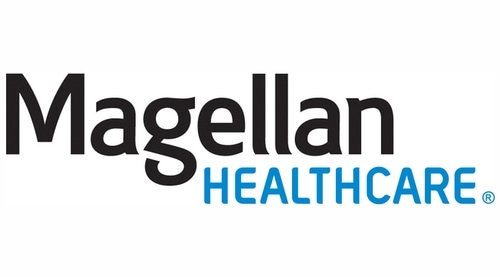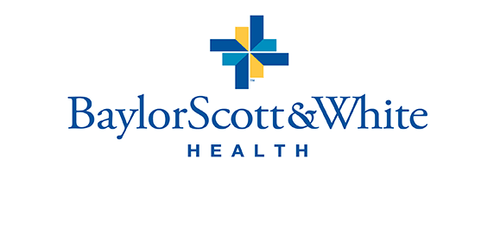Mental health and addiction are complex challenges that often require comprehensive treatment approaches. For individuals and families in the Dallas/Fort Worth area seeking practical solutions, Cognitive Behavioral Therapy (CBT), a form of cognitive therapy that addresses harmful thought patterns affecting behavior and emotions, and Family Therapy, along with mental health treatment, are three proven methods that, when combined, can produce remarkable results.
ASIC Recovery, a leader in intensive outpatient programs (IOP) for mental health and addiction treatment, leverages the power of Cognitive Behavioral Family Therapy (CBFT) to help individuals and their families heal and thrive.
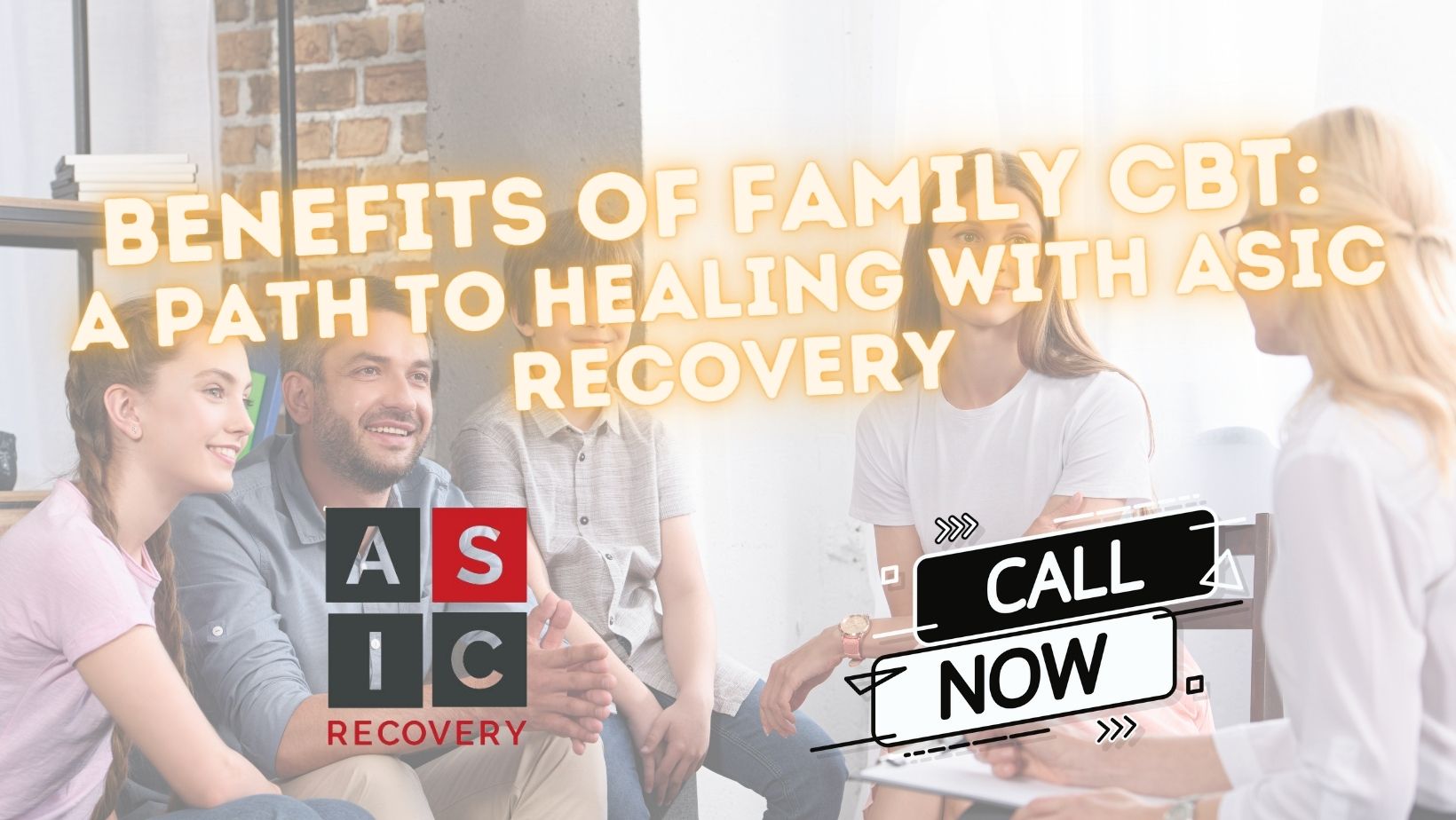
Understanding Cognitive Behavioral Therapy (CBT) and Family Therapy
What is Cognitive Behavioral Therapy (CBT)?
Cognitive Behavioral Therapy (CBT) is a well-established, evidence-based form of psychotherapy that focuses on identifying and changing negative thought patterns, behaviors, and emotional responses. It operates on the principle that our thoughts, feelings, and behaviors are interconnected and that altering one can lead to changes in the others. CBT is widely used to treat various mental health disorders, including anxiety disorders, depression, and addiction.
What is Family Therapy?
Family Therapy is a type of psychotherapy that focuses on improving communication and resolving conflicts within a family unit. It views the family as an interconnected system, where the actions and emotions of one member can significantly impact the others. Family Therapy aims to strengthen familial relationships, improve understanding, and foster a supportive environment, which is crucial for the mental well-being of each family member. However, certain family members may feel uncomfortable expressing their thoughts and feelings during family therapy sessions due to the lack of privacy in a group setting.
The Intersection of CBT and Family Therapy
While CBT focuses on the individual’s thoughts, feelings, and behaviors, Family Therapy takes a broader view, considering how these factors interact within the family dynamic. Cognitive Behavioral Family Therapy (CBFT) merges these two approaches, creating a comprehensive treatment plan that addresses individual and family issues by identifying and modifying specific behavior patterns.
This integrated approach is particularly beneficial for patients dealing with mental health concerns or addiction, as it allows for a more holistic treatment that acknowledges the influence of family on an individual’s mental health and vice versa.
Core Principles of CBT and Their Impact on Family Dynamics
The Interplay of Thoughts, Feelings, and Behaviors
The core principles of CBT revolve around the idea that thoughts, feelings, and behaviors are interconnected. Negative or distorted thoughts can lead to unhealthy emotional responses and behaviors, which can further reinforce negative thought patterns. This cycle can significantly impact a person’s quality of life, leading to issues such as anxiety, depression, and addiction.
Developing coping skills is essential in CBT to help individuals manage their emotions and behaviors effectively, supporting recovery and improving overall quality of life.

How Family Dynamics Influence CBT Principles
Family dynamics can profoundly affect an individual’s thoughts, feelings, and behaviors. For instance:
ASIC Recovery’s Approach: Integrating CBT with Family Therapy
At ASIC Recovery, we understand that mental health and addiction issues rarely exist in isolation. Our approach to treatment integrates the principles of CBT into Family Therapy, resulting in a robust therapeutic process that:

The Importance of Family Therapy for Mental Health Conditions and Addiction Recovery
Why Family Therapy Matters
Family Therapy is not just about helping the individual; it’s about healing the entire family unit. For someone struggling with mental health issues or addiction, the support and involvement of their family can be a critical factor in their recovery. Here’s why Family Therapy is so important:
Cognitive Behavioral Therapy (CBT) is also effective in treating a range of mental health issues, including eating disorders, by focusing on changing thought patterns and behaviors to improve emotional well-being.
Some of our insurance providers for our Fort Worth Addiction Treatment Center
Why ASIC Recovery Promotes Family Therapy in IOP
At ASIC Recovery, we believe that the best outcomes are achieved when the whole family is involved in the treatment process. Our Intensive Outpatient Program (IOP) emphasizes the importance of Family Therapy for several reasons:
Cognitive Behavioral Therapy (CBT) is also a key component of our approach, effectively addressing conditions such as post-traumatic stress disorder (PTSD), among others.
ASIC Recovery’s IOP Treatment Plans: A Comprehensive Approach to Mental Health and Addiction Recovery
Integrating CBT and Family Therapy for Success
At ASIC Recovery, our Intensive Outpatient Program (IOP) is designed to provide comprehensive treatment for individuals struggling with mental health issues and addiction. Our approach integrates CBT and Family Therapy, ensuring that the individual and their family receive the support they need for successful recovery. CBT has also been proven effective in treating panic disorder, helping individuals manage symptoms associated with this and other anxiety-related issues.
Critical Components of ASIC Recovery’s IOP Therapy Sessions
Our IOP treatment plans include the following:
Take the First Step: Enroll in Cognitive Behavioral Family Therapy at ASIC Recovery
Cognitive Behavioral Family Therapy offers a powerful way to address both individual and family challenges related to mental illness, mental health, and addiction. By combining the proven techniques of CBT with the supportive, holistic approach of Family Therapy, ASIC Recovery is helping families in the Dallas/Fort Worth area heal and thrive.
If you or a loved one is struggling with mental health issues or addiction, don’t wait to seek help. Contact ASIC Recovery today to learn more about our IOP treatment plans and how Cognitive Behavioral Family Therapy can make a difference. Call 817-616-0504 to schedule a free consultation. Together, we can take the first step toward a brighter, healthier future.


